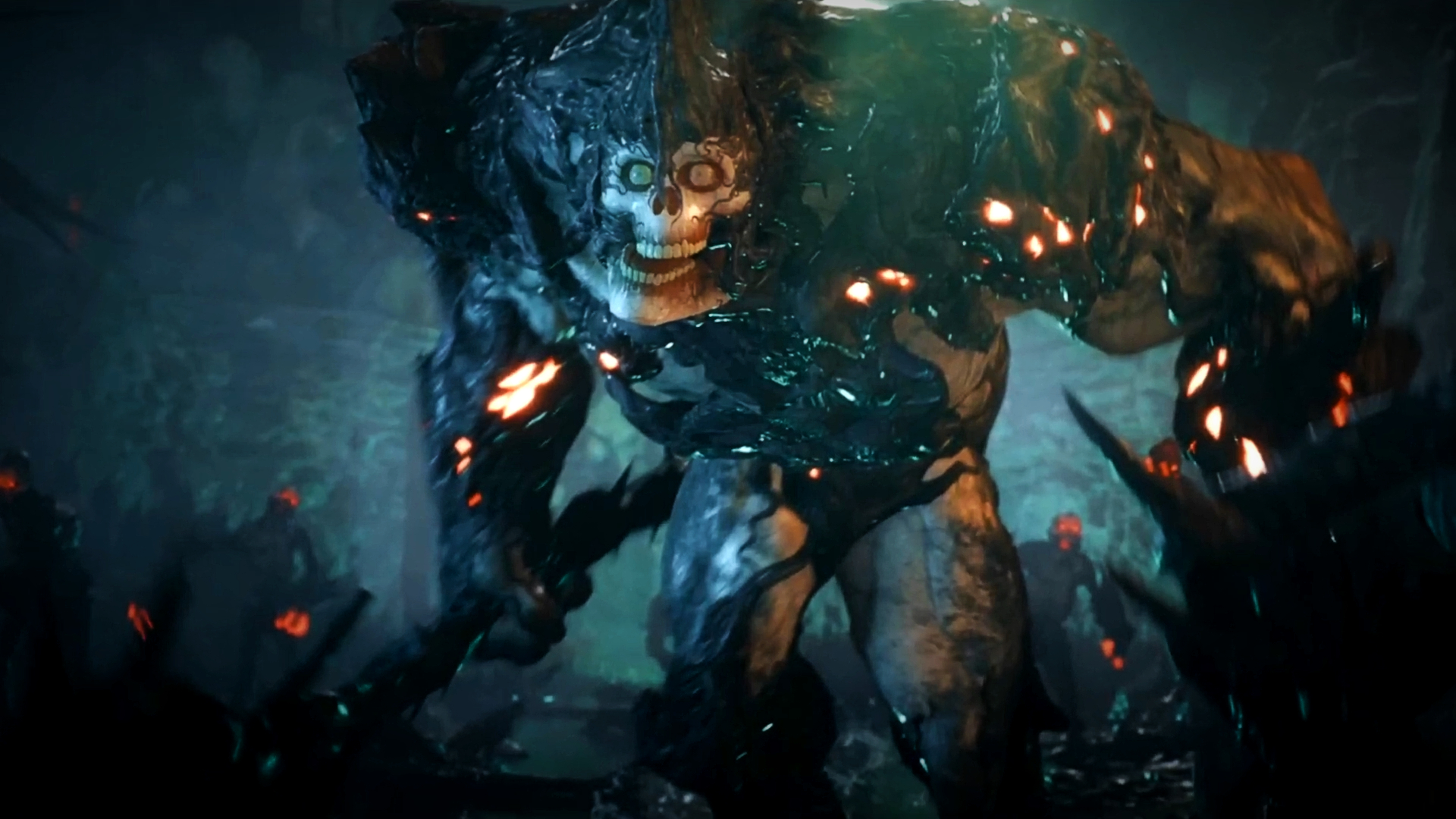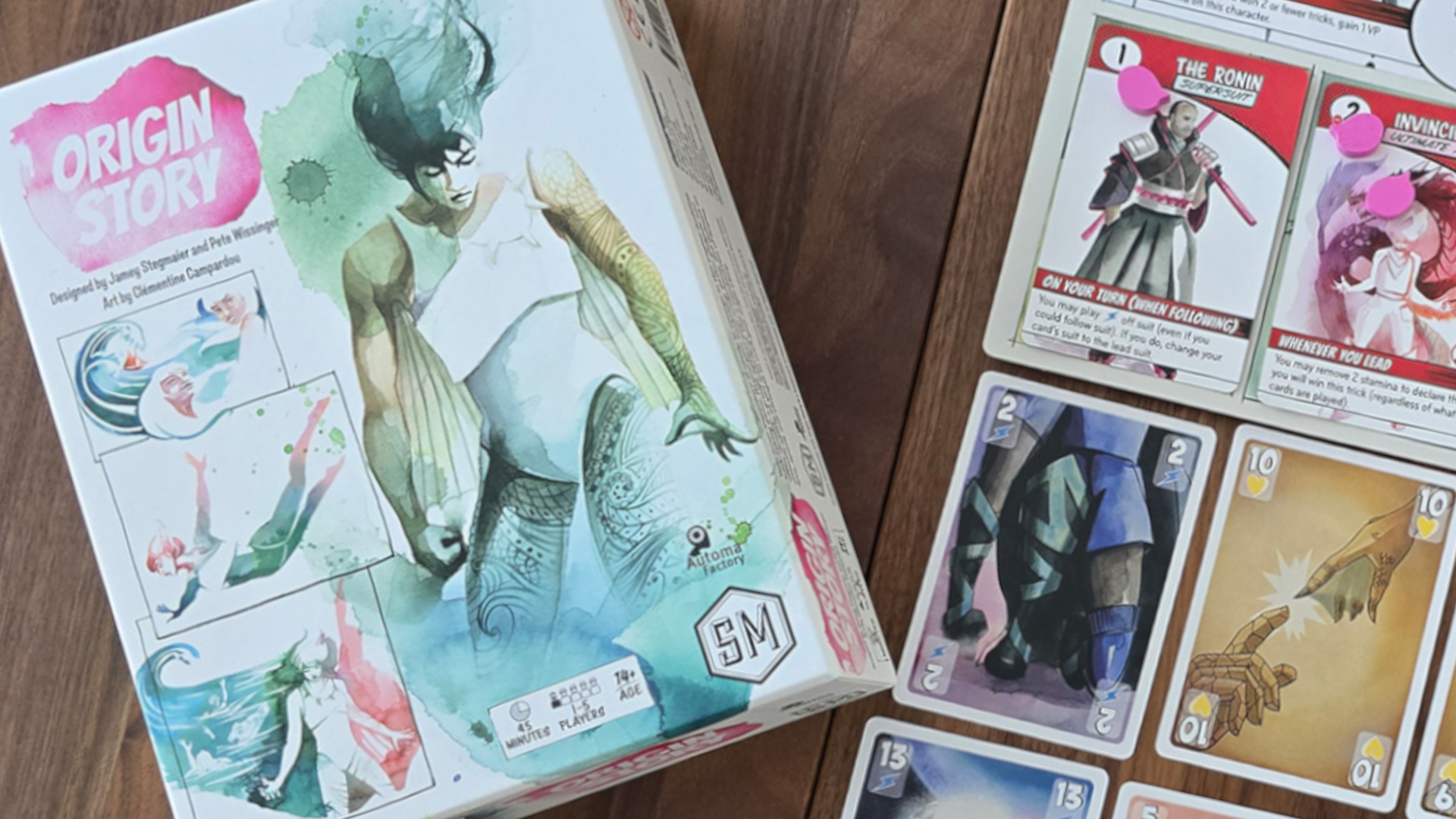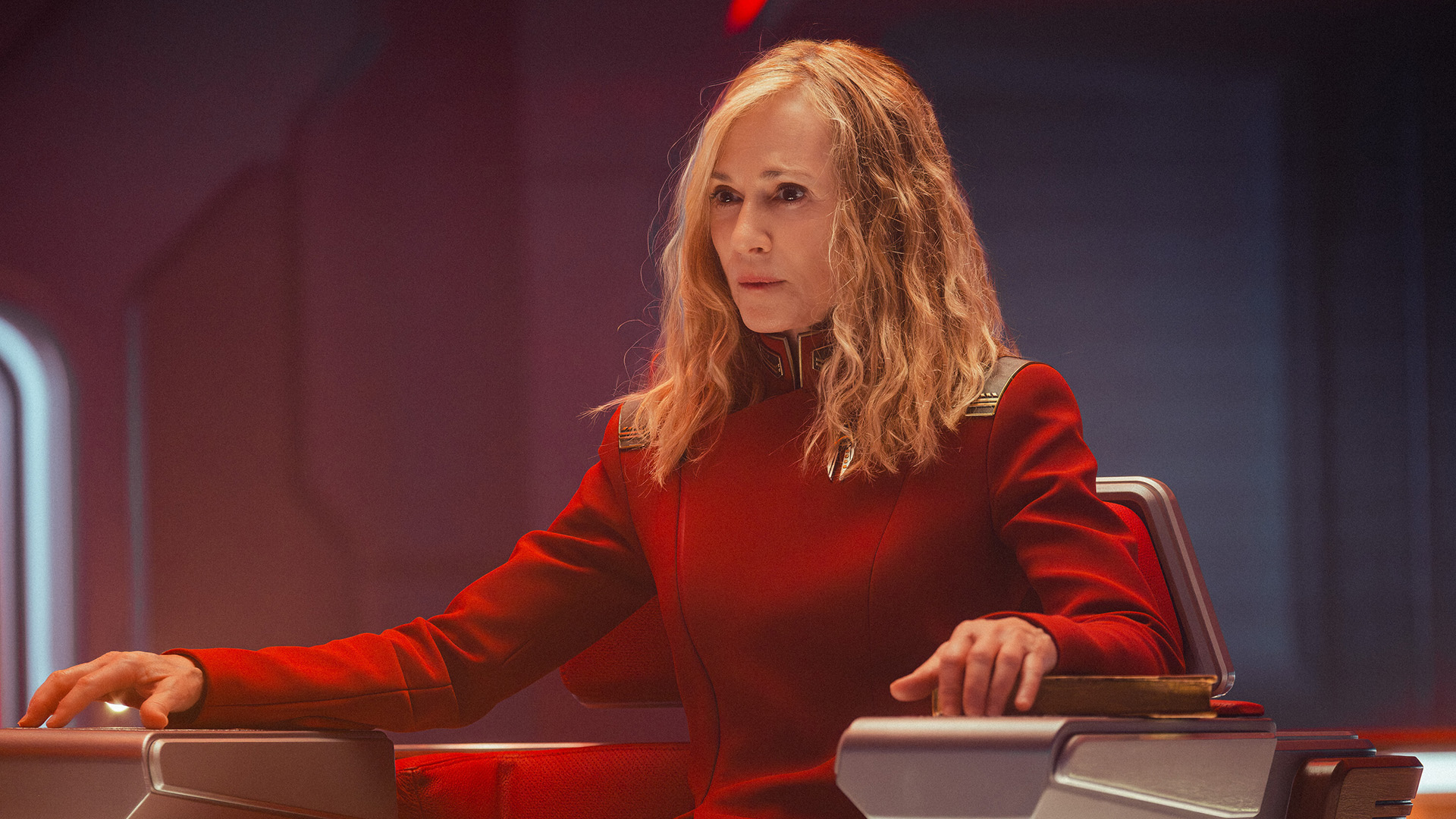BioWare explains why Dragon Age: The Veilguard's visuals aren't a diversion from the RPG series' first 3 games, but rather a culmination of their unique art styles
The Veilguard's aesthetic is very intentional

Dragon Age: The Veilguard visually differs from its predecessors, but BioWare says this wasn't its intention - in fact, the new game's art is meant to reflect the styles of all three preceding games.
The new Dragon Age game features a bold new tone, one that has sparked controversy amid longtime fans of the beloved RPG series. Fans have criticized the upcoming title for looking "too cartoony," highlighting everything from the characters to the way Darkspawn appear in The Veilguard - designs that BioWare has since described as "very intentional" reworks. Art director Matt Rhodes confirms as much himself in a recent interview with EPN.
"I've had the opportunity to work on the entire Dragon Age franchise in various capacities," he explains. "I've seen that in Origins, that was based on the idea of fantasy paintings. Dragon Age 2 is saying like Northern Renaissance paintings, Kurosawa films. Inquisition was a continuation of that, trying to finish that off … I'd call it almost like a really solid half step - with The Veilguard, we're trying to finish that step."
Rhodes continues, describing how Dragon Age's history influences its visuals: "The Dragon Age series is about people, it's about characters, it's about their struggles and successes and victories, and all that. What we wanted to do is create a visual language that made sure that technology didn't get in the way of those characters. Uncanny valley … leans its head into the screen and says, 'Hey, remember, you're in a video game.'"
According to the director, BioWare wanted to avoid that dip into the "uncanny valley" in The Veilguard. "We wanted to take a very intentional step back away from that so that the characters could shine through and you could just jump right into the world and just enjoy it." Ultimately, the team's hope is that the new game can "still portray a very wide range of the human experience," from "the grim and dark and horrific to the joyful and peaceful."
Weekly digests, tales from the communities you love, and more

After spending years with her head in various fantastical realms' clouds, Anna studied English Literature and then Medieval History at the University of Edinburgh, going on to specialize in narrative design and video game journalism as a writer. She has written for various publications since her postgraduate studies, including Dexerto, Fanbyte, GameSpot, IGN, PCGamesN, and more. When she's not frantically trying to form words into coherent sentences, she's probably daydreaming about becoming a fairy druid and befriending every animal or she's spending a thousand (more) hours traversing the Underdark in Baldur's Gate 3. If you spot her away from her PC, you'll always find Anna with a fantasy book, a handheld video game console of some sort, and a Tamagotchi or two on hand.



